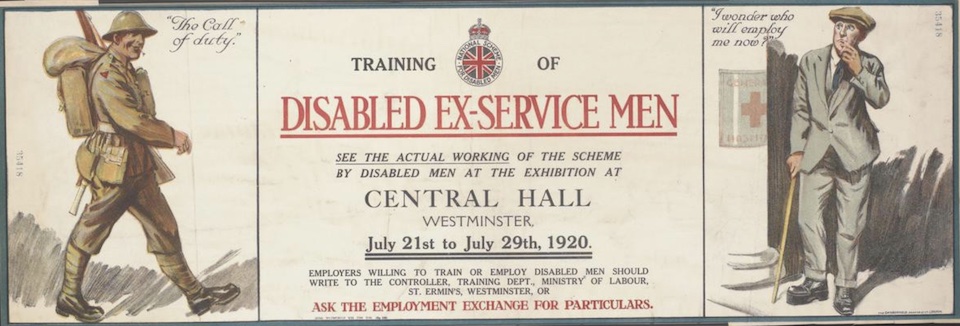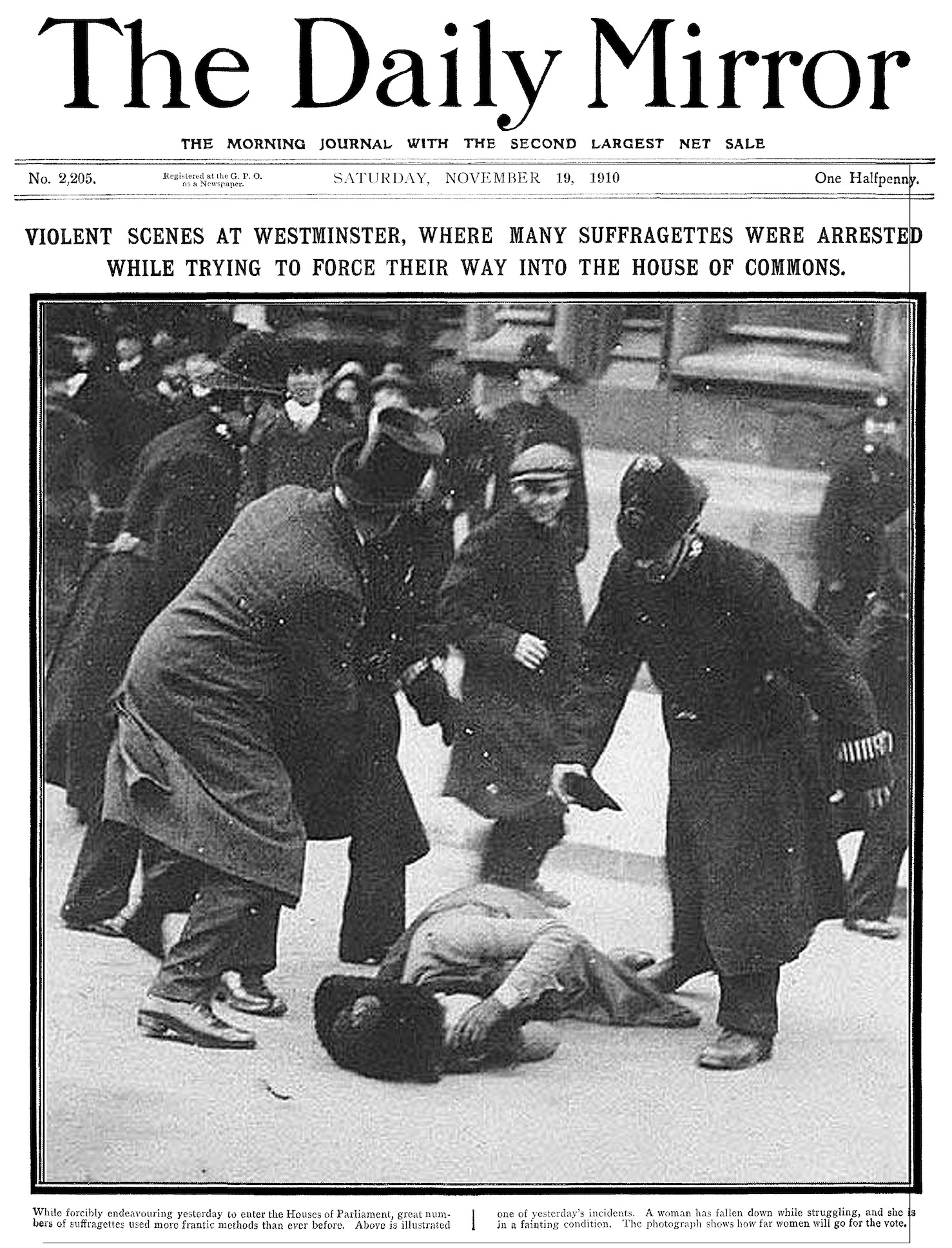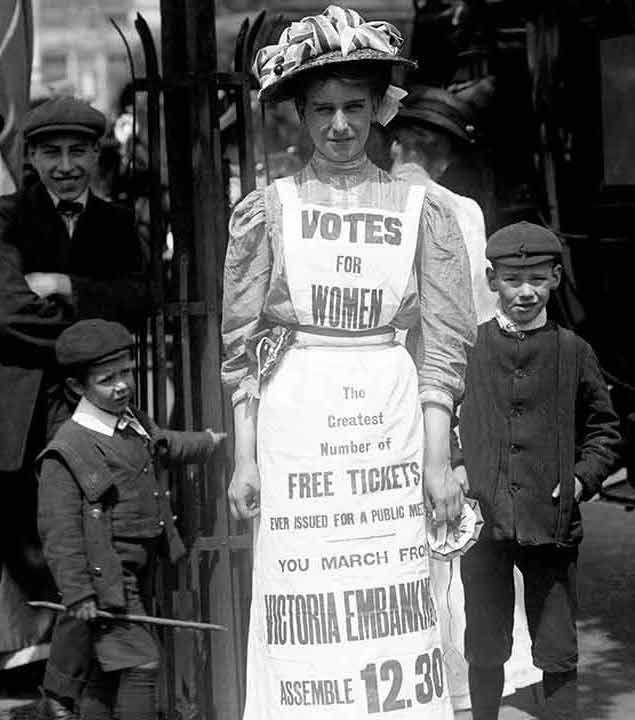My inspiration for Death at Crookham Hall
Death at Crookham Hall is a historical crime mystery set in 1920. It’s a period of rapid social change, but even in these progressive times, it can still be deadly for a woman to show too much strength.
Inspiration for the novel struck in the summer of 2018 on a guided tour of the Houses of Parliament. Westminster Hall was hosting an exhibition to mark the centenary of the Representation of the People Act of 1918 – a significant milestone in the suffrage movement.
The Act enabled all men over the age of 21 to vote, but only women over thirty who met certain property qualifications. A third of the adult female population in this country still didn’t have the right to vote in an election.
Although the Act was a step forward, there was still some way to go. Prior to the First World War, the suffragettes had been extremely militant. But they’d disbanded after turning their attention to the war effort. Giving women a partial vote in 1918 was considered to be a thank you from the government to the suffragettes for their war work.

In terms of equality, gains had been made during the war, with record numbers of females in the workplace. And for the first time, women were allowed to enter certain professions previously barred to them.
But by 1920, there was poverty and mass unemployment in Britain. This led to resentment of working women. Some voiced the opinion that women should give up their jobs in favour of men – and the usual refrain that a woman’s place was in the home.

Entering this new decade, it felt like the fight for equality was going backwards, and gains made during the First World War were being lost.
While the 1920s was a period of empowerment and greater independence for some women, the reality for many others was that their lives were the same as they'd been a decade earlier.
Based on this social backdrop, I chose 1920 as the starting point for Death at Crookham Hall. My protagonist, Iris Woodmore, is a young woman whose mother died in a 1914 equal rights protest.

Iris feels resentful towards the suffragettes because of her loss and angry with her mother for putting the cause above her family. But she recognises that radical action was, and is, needed to achieve equality and that she must follow in her mother’s footsteps.
Rather than the stylised world of the flapper girl, I wanted to explore the reality of Britain in the aftermath of the Great War and the suffragette movement. The fight for equal representation was far from over – and the seeds for Death at Crookham Hall were sown.

